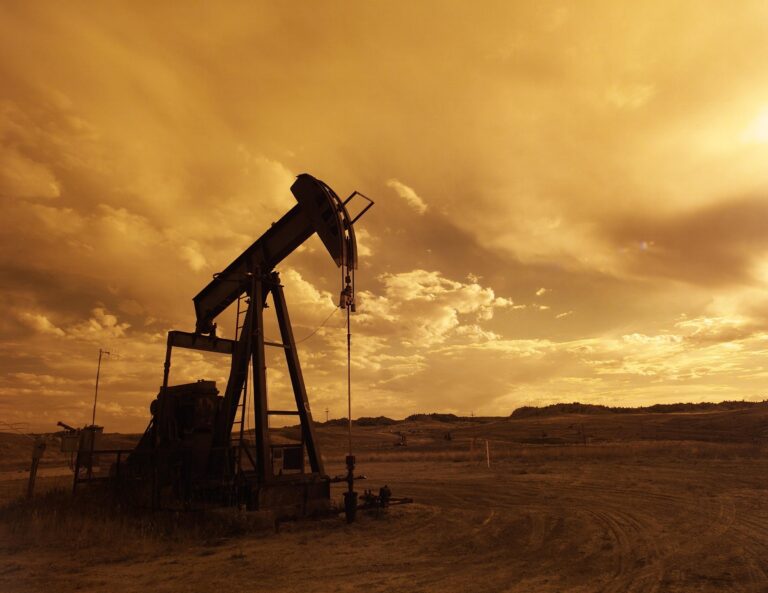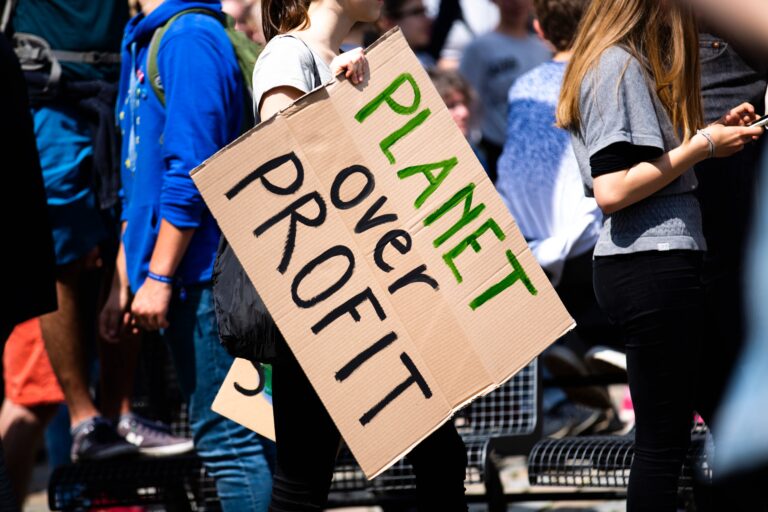ConocoPhillips Has Highest Employee Loyalty In US

One measure of a company’s employee loyalty is the average tenure of its workers as measured in years. A new study shows that based on average years of employment, America’s fossil fuel companies have an unusually strong performance.
More about major US companies: US Steel Pollution
Resume.io recently released a study titled “The companies employees don’t want to leave in 2023.” The methodology involved looking at the LinkedIn pages of the 100 largest companies by market cap in the U.S., UK, Canada, and Australia to establish the average employee tenure in years of each corporation.
Among American companies, ConocoPhillips topped the list at 10.6 years. Chevron was next at 9.3 years. Southern Company was fifth at 8.8 years, followed by Duke Energy at 8.6. Almost all the companies with short employee tenures were in the tech sector. Apple was first at that end of the list at only 1.7 years. Amazon.com was second at 1.8 years, which tied it with Meta.
No answer is given to why fossil fuel employees have such long tenures, but there may be two clues.
Layoffs
The Wall Street Journal published an extensive list of layoffs by large companies in 2023. Many of these were at tech firms. The total layoffs at media companies were also high. Retailers and auto companies were also widely represented on the list. There were no energy companies.
Employee loyalty overlaps with profit per employee, but the reason is unclear. Based on an Agency Review study, ConocoPhillips has the highest profit per employee among Fortune 500 companies at $1.97 million. Valero Energy is also high on the list at $1.17 million. Of the top 10, eight are fossil fuel companies, including Occidental, Exxon, Marathon, and Chevron.
The match between employee loyalty and profit per employee may be a coincidence, but if it is, it’s big.
Sponsor
Find a Vetted Financial Advisor
- Finding a fiduciary financial advisor doesn't have to be hard. SmartAsset's free tool matches you with up to 3 financial advisors that serve your area in 5 minutes.
- Each advisor has been vetted by SmartAsset and is held to a fiduciary standard to act in your best interests. Get on the path toward achieving your financial goals!






